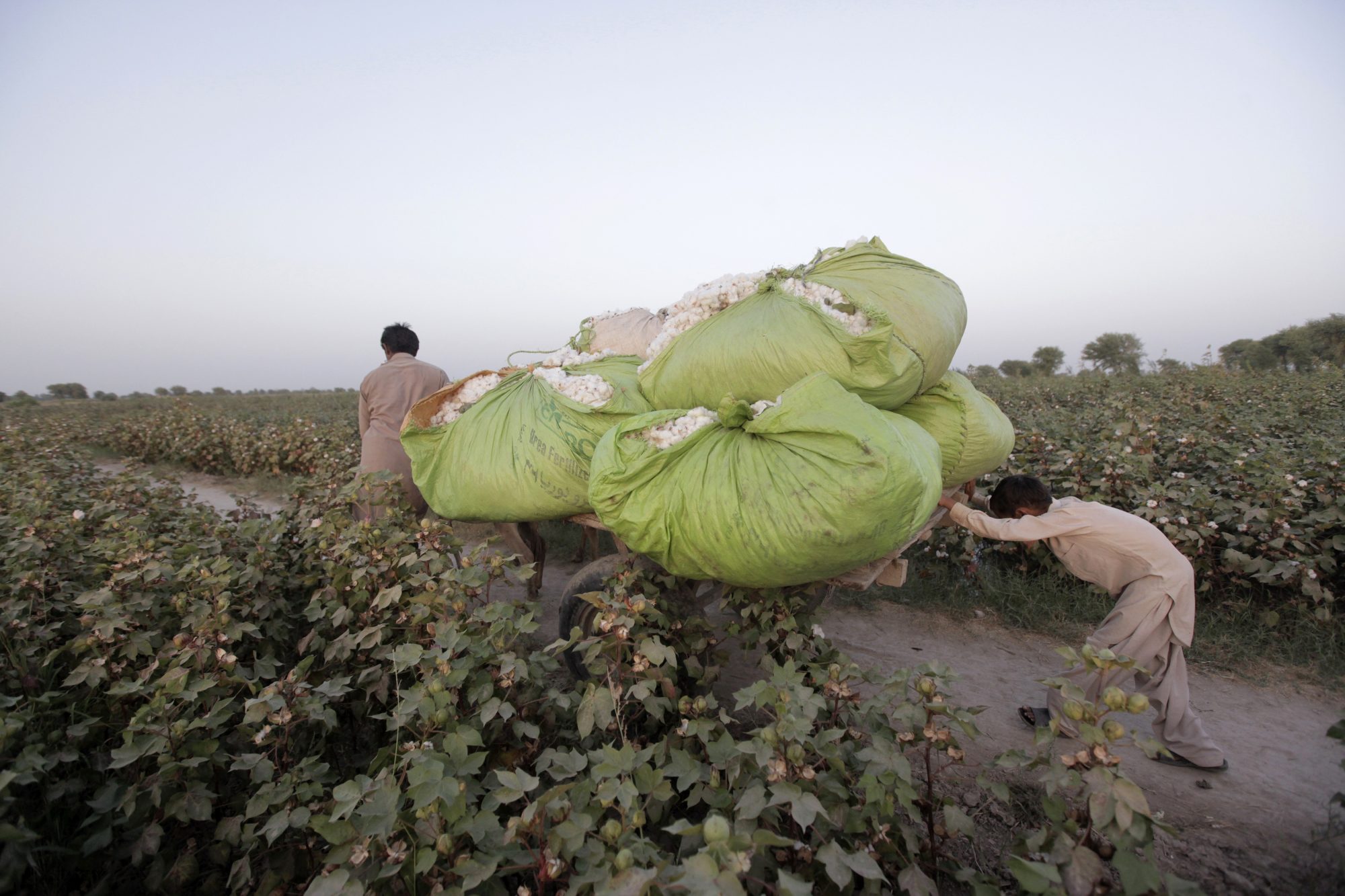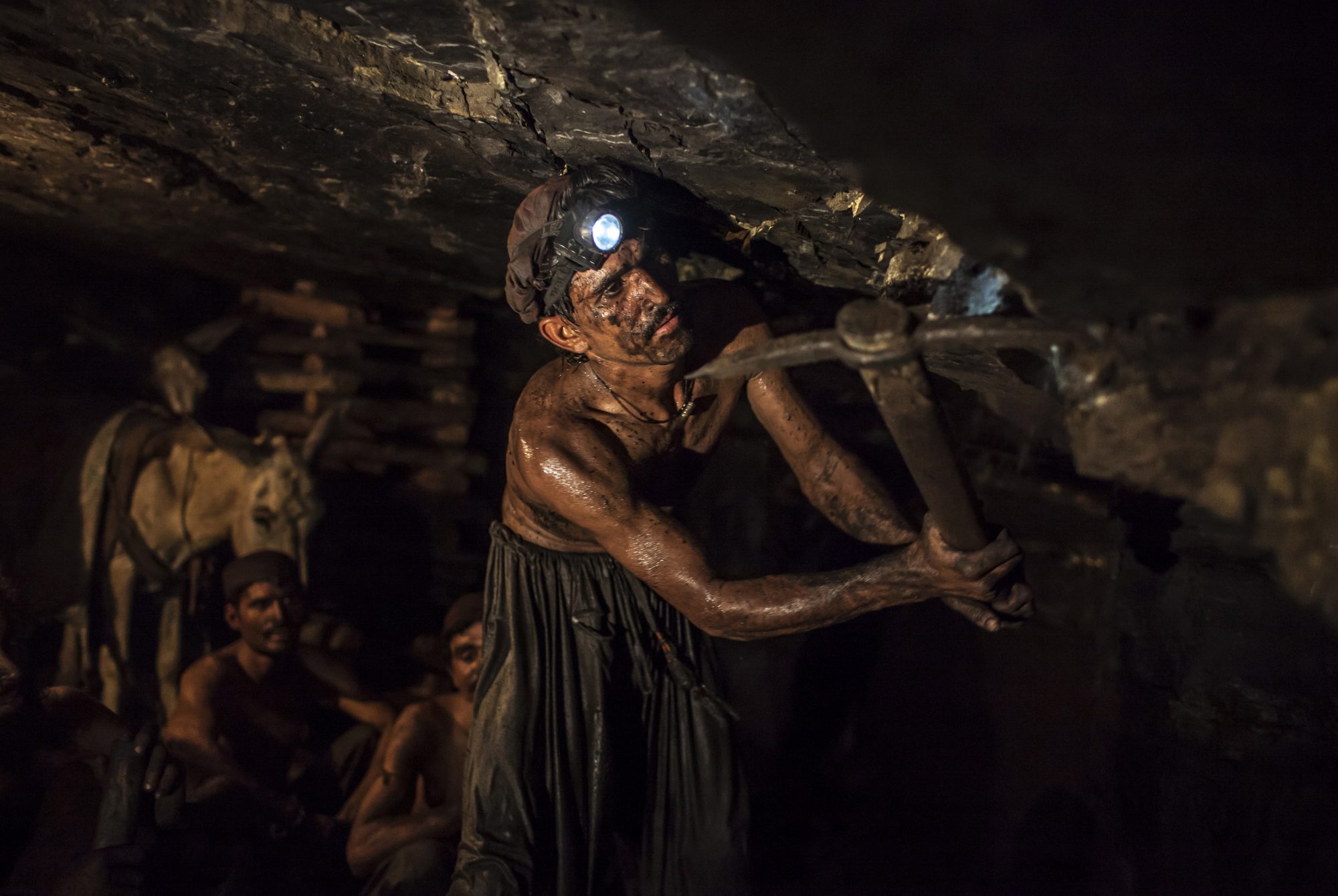Last year one of the most famous brands in the world, Apple, won the Thomson Reuters Foundation’s Stop Slavery Award, alongside The Consumer Goods Forum member, Unilever. The Stop Slavery Award does not credit either company with being ‘slave free’, as today’s complex network of supply chains means that no company can truly claim this. Rather, the Stop Slavery Award aims to put slavery on business agendas, and reward companies that excel in efforts to uncover and eradicate forced labour from their supply chains.
Unilever was presented with a Stop Slavery Award for the leadership of its CEO in the fight to clean one of the most problematic supply chains in the world. Judges noted its ‘highly complex, global and high-risk supply chain’ and were particularly impressed by the company’s efforts to source sustainable palm oil used in many of its products. Judges also praised Unilever’s participation in The Consumer Goods Forum, which facilitates industry collaboration around issues such as forced labour and deforestation. In fact, the consumer goods industry was the first to publicly commit to eradicating forced labour when The Consumer Goods Forum launched its 2016 Forced Labour Resolution.

A boy pushes a donkey cart loaded with bundles of cotton blooms that were collected by women cotton pickers in Meeran Pur village, north of Karachi September 25, 2014. Women make up the bulk of Pakistan’s half a million cotton producers, but labour rights activists say they are often exploited by overseers, who often withhold their wages and may subject some of them to sexual harassment. Many women work in Pakistan’s cotton fields for less than $2 a day. Last year, a group of around 40 women decided their low wages could no longer cover food and clothing for their families so they did something almost unheard for poor working women in rural Pakistan – they went on strike. REUTERS/Akhtar Soomro
Modern slavery is flourishing, and with an estimated 40.3 million victims worldwide there are now more slaves than at any given point in history. In our increasingly interconnected world, businesses have an integral role to play, with 40% of those trapped in modern slavery being in forced labour. Overcoming this scourge demands both the co-operation and courage of organisations, yet many lack the incentive and expertise to delve deep into their supply chains. The Stop Slavery Award was developed to help companies overcome these obstacles, making its mark as the first initiative to recognise businesses that excel in efforts to identify and eradicate modern slavery from their operations. This in turn helps to galvanise more organisations to take action and promote the important role they are playing in the global fight against slavery.
Pressure on businesses to start seriously tackling modern slavery both from a regulatory and economic point of view are increasing. Australia has now passed its own Modern Slavery Act, mirroring the UK’s Modern Slavery Act introduced in 2015. In parallel, consumers are driving companies to erase forced labour from their supply chains, with two-thirds of UK shoppers saying they would stop buying a product if they learned its manufacture involved exploiting workers. It’s therefore vital that businesses start to engage with organisations such as The Consumer Goods Forum and initiatives like the Stop Slavery Award, as both effectively signpost to society that they are seriously committed to tackling modern slavery, rather than simply paying lip service.

Miner Mohammad Ismail, 25, digs in a coal mine in Choa Saidan Shah, Punjab province, April 29, 2014. Workers at this mine in Choa Saidan Shah dig coal with pick axes, break it up and load it onto donkeys to be transported to the surface. Employed by private contractors, a team of four workers can dig about a ton of coal a day, for which they earn around $10 to be split between them. The coalmine is in the heart of Punjab, Pakistan’s most populous and richest province, but the labourers mostly come from the poorer neighbouring region of Khyber Pakhtunkhwa. Picture taken April 29, 2014. REUTERS/Sara Farid
Applications to the Stop Slavery Award are open until 30th September 2019. Please visit www.stopslaveryaward.com for more details, or email Charlotte Davis, Anti-Slavery Manager at the Thomson Reuters Foundation, on [email protected].
You can also learn more about the challenges being faced by businesses around the world, and what we’re doing as an organisation, the Thomson Reuters Foundation’s work on this issue, at the CGF’s Sustainable Retail Summit in October. On the 24th, Kieran Guilbert, our Slavery and Trafficking Editor, will be presenting as part of the Megatrend 2 session on building awareness on forced labour, asking whether enough is being done by the private sector.
This post was written and contributed by:
Charlotte Davis
Manager, Anti-Slavery Programmes
Thomson Reuters Foundation
